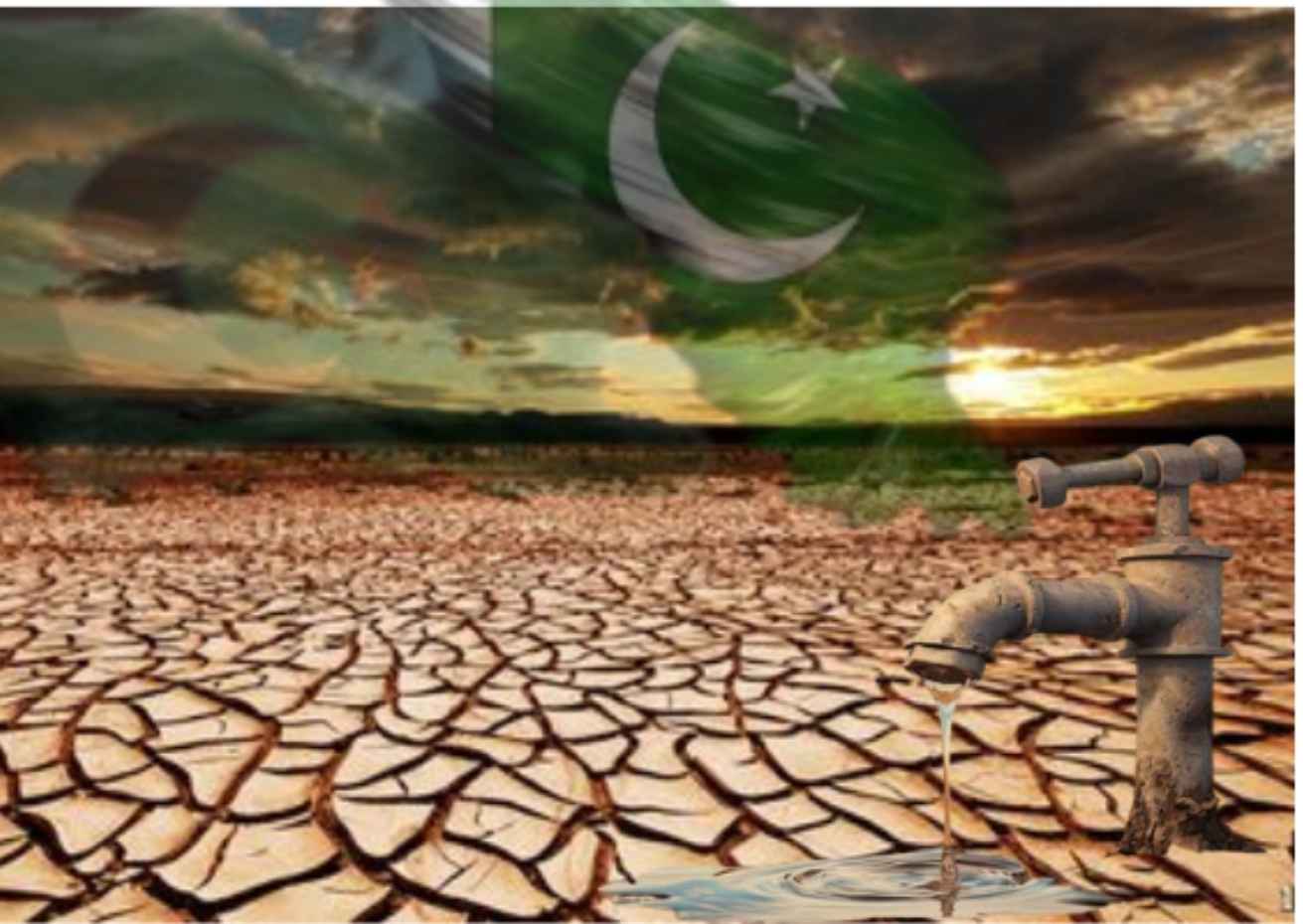ISLAMABAD, PAKISTAN – The country faces a looming water catastrophe as per capita water availability plunges below the scarcity threshold, aggravated by rapid population growth, climate change, and mounting regional tensions.
Experts warn that Pakistan is on the brink of an absolute water crisis, with projections placing it among the most water-stressed countries globally. Once blessed with abundant river systems, Pakistan now stands dangerously close to depletion, with reservoirs like Tarbela and Mangla nearing dead levels and irrigation losses exceeding 30% annually.
Domestically, outdated farming methods, uncontrolled groundwater use, and poor water governance fuel the crisis. Inter-provincial tensions—particularly between Punjab and Sindh—have intensified over canal expansion under the Green Pakistan Initiative, accused of undermining the 1991 Water Accord.
The geopolitical dimension is equally alarming. India’s abrupt suspension of the Indus Waters Treaty has raised fears of unilateral water control, triggering debates on national security and resource sovereignty.
As Pakistan’s water clock ticks, experts emphasize the urgent need for a unified water management strategy, infrastructure investment, and climate-resilient reforms to avoid large-scale displacement, food insecurity, and economic disruption.
This story has been reported by PakTribune. All rights reserved.



